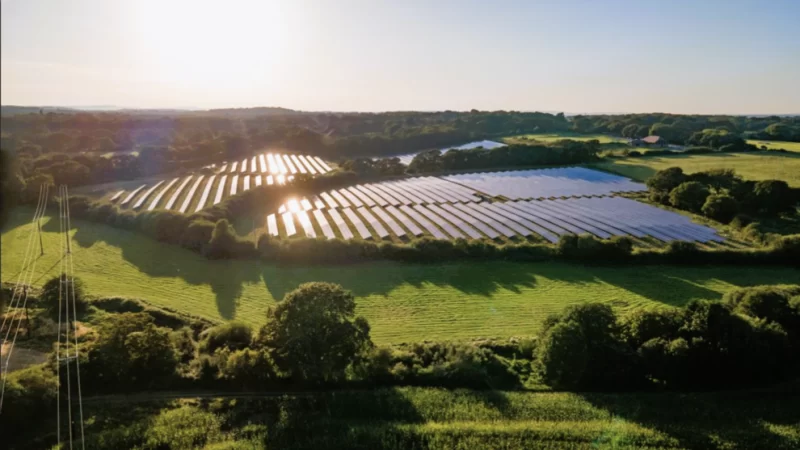By Anthony Hennen | The Center Square
(The Center Square) — As Republicans and Democrats stay split over Pennsylvania’s energy future, solar advocates want to pocket federal subsidies before they’re gone.
At a House Environmental Resources and Energy hearing on Monday, some legislators worried about the loss of farmland, as well as solar energy growth happening only due to hefty government incentives.
“Solar energy and development creates jobs, results in tax revenues, previous revenue to farmers, and has other stimuli to the economy,” said Rep. Greg Vitali, D-Havertown.
Solar has grown from less than 200 megawatts of installed capacity in 2012 to about 600 megawatts in Pennsylvania in 2020, but that still comprises less than 1% of net electricity generation.
Republicans weren’t outrightly hostile to solar energy but cautioned against too much official enthusiasm.
“I’m a person that has always supported an all-of-the-above energy strategy,” said Rep. Martin Causer, R-Bradford. “I think we do need diverse sources of energy across the scale. It seems like, here in this building, people always want to put their thumb on scale and support one industry over another when producing energy.”
Last week, Gov. Josh Shapiro proposed a Pennsylvania-specific plan that would levy a carbon tax on energy production and update the state’s Alternative Energy Portfolio Standards to require 35% of electricity generation to come from sources like nuclear, wind, and solar. Opponents have called it a disastrous gift to neighboring states.
But solar advocates argued that boosting solar energy offers easy gains with the federal government footing the bill.
“The future of solar in Pennsylvania is what the legislature can do to drive investment that’s gonna come anyway to our state,” said Dylan Kautz, CEO of US Solar Development. “I think lawmakers have a duty to break (from) the past 15 years of what I’ve seen as a partisan divide on energy.”
He noted that the Inflation Reduction Act significantly expanded tax credits for solar energy, which drives solar development.
“The principal interest is always economics,” Kautz said. “Most commercial systems pay for themselves in five years or less, fueled by mostly electric savings but also federal tax credits and depreciation … Tax credits will be the main drivers of economic growth in our industry.”
He argued that if Pennsylvania doesn’t move to grab the tax credits, other states will pull ahead.
“If you don’t take advantage of this, someone else will,” Kautz said. “I’d like to see us drive as much tax revenue to Pennsylvania and help as many Pennsylvania businesses as we possibly can. What the state will get in return is new high-paying jobs … we should be taking advantage of that as a state.”
